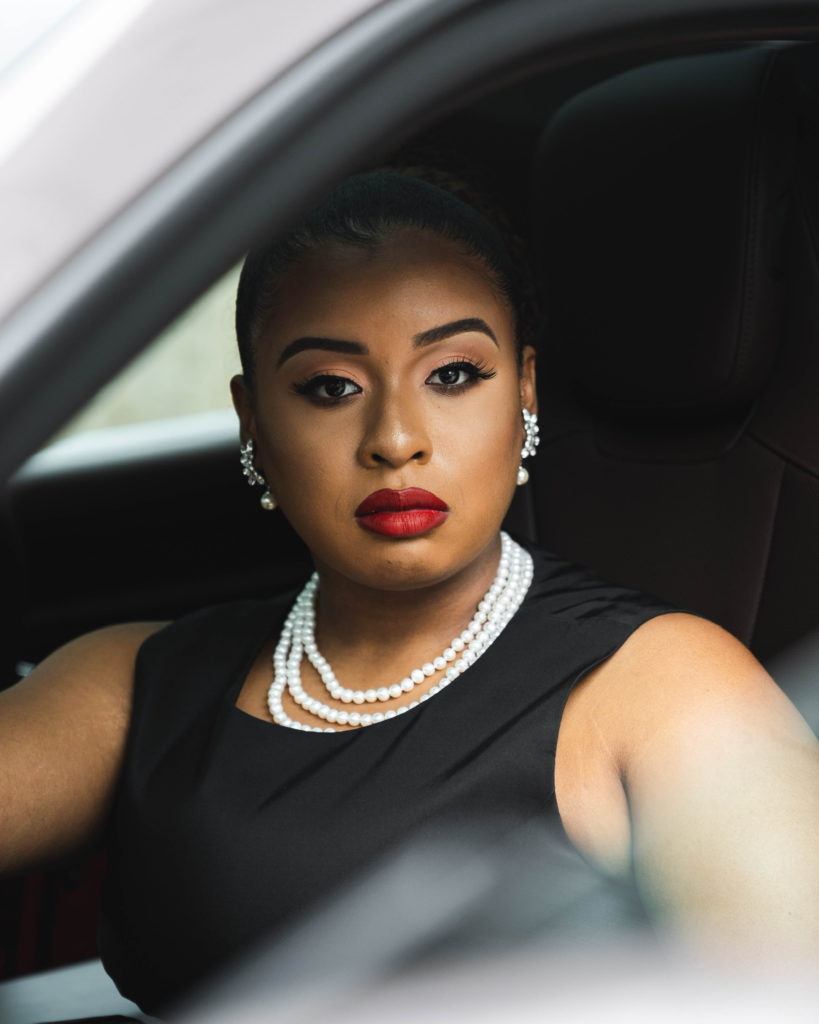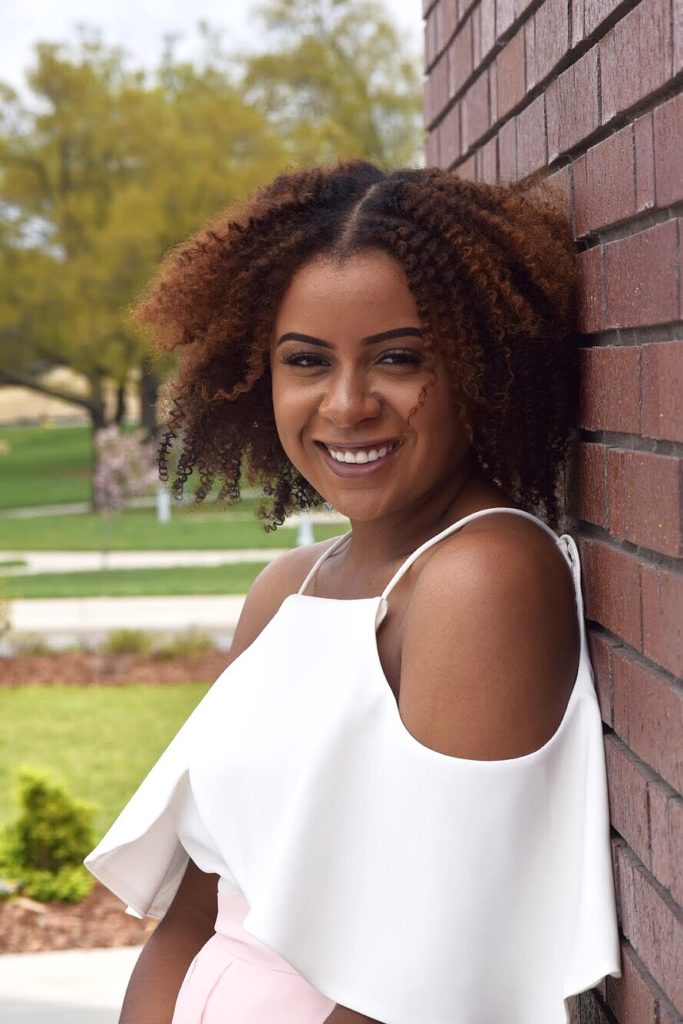Imani Maatuka is one of the youngest attorneys at the prestigious law firm Sidley Austin, LLP. The same firm that led to the historic meeting of former President Barack Obama and former first lady Michelle Obama.

Maatuka is also an HBCU graduate, member of Alpha Kappa Alpha Sorority, Inc., VP of a trucking logistics company and a co-founder of The Bridging The Gap Scholarship — which strives to make the dreams of working in corporate “big law” more attainable for young, minority students.
Maatuka spoke with BlavityU and shared what initially inspired her to pursue a career in law, what legacy she would like to leave behind with her work and what inspired her to create The Bridging The Gap scholarship for her peers.
Although Maatuka is surrounded by such an aura of accomplishment and success in her everyday work environment, it would be remiss to believe that this 24-year-old wasn’t already destined for greatness in corporate law.
Imani was born to a family of attorneys and credits her passion for pursuing law to watching her mother, aunt and uncles in their careers.
“Learning firsthand the kind of power they held in terms of the courtroom, and how legal decisions can have both positive and negative consequences for decades to come, really motivated me,” she said.
“But also seeing how my family members were just leaders in their communities, and that they could change lives with just what they did on the day to day of their jobs, was really inspiring too,” she added.
Maatuka says that she wanted to “follow in their footsteps,” give back to her community and be used as a “vessel” in any way fit.
Maatuka adds that her mother’s influence played a huge part in her wanting to pursue law.
“I worshipped my mom and the work she did, and I wanted to be just like her,” she said. “And so whatever she did, I always told myself that I would do the same but try to do it better.”
Maatuka recalled the day that her mother’s long-term law firm partner passed away. The entire law firm was left to her mother, and his family’s descendants received none of the ownership equity.
“Attorneys have this obligation that we can’t own equity in a law firm with non-attorneys,” she explained. “So if one partner passes away, the other partner receives their ownership interest.”
Although this would benefit her mother, Maatuka and her family were motivated to ensure that the same fate would never fall on them.
“The ownership interest was going to his partner and not his children because none of them were attorneys,” she explained.
Her mother sat her and her siblings down and made them promise that even if they didn’t practice law, they would each attend law school, pass the bar exam, and become licensed attorneys.
“Because I would hate for something like this to happen to my kids,” her mother said.
Maatuka acknowledges that starting her career at a firm with a history of Black excellence is “really special” to her, something she compares to the feeling of “serendipity.”
But she also acknowledges that she still has a long way to go.
When asked what kind of legacy she would like to leave behind with her work, she responds with “thoughtful leadership.”
“I recognize the social, financial and other inequities that impact Americans at large, and I want people to see that in my position and with my power, that I made an actual and apparent choice to make a difference about that in any way that I could,” she said.
“Whether it be small or large, I hope to leave a legacy of lasting impact, and thoughtful leadership,” she continued. “So people know that Imani Maatuka not only cared, but she put her money where her mouth is.”
When thinking about the next 10 years of her life and career, Maatuka admits that she’s unsure of what’s next. But proud that she can serve as a current example of representation for other young, Black girls.

“I was watching Oprah interview Viola Davis, and Davis said something like you have to see a physical manifestation of your dream in order to know that it’s possible,” she said.
“And I think that’s so poignant,” she added. “I could have made the choice to wear my hair straight in my professional headshots or group photos, or get a weave, but I wanted little Black girls to see me and see themselves in me.”
“I do genuinely want to change our country, the world, and how young people – especially young Black women see themselves,” she added. “The things that they think they’re capable of doing and being a part of.”
And Maatuka is certainly playing her part and making a lasting difference.
In an interview with Afro, Matuuka shared that she recognizes that access to information, affordability for attending law school, and continuing to pursue a career in the field are not something that all minority students can access. And she has vowed to do her part in “bridging the gap.”
In 2019, Maatuka and three of her co-founders (Elizabette Privat, Jo Gbujama, and Brennan Hughes, Jr.) saved their earnings from a summer associate program. They used their earnings toward funding scholarships for minority prelaw students applying for admission in the class of 2023.
“The inaugural class each received $1,000, which we all paid out of pocket,” she said.
“I was the head representative of Barbri, Inc. at Washington University, so we were able to negotiate a deal with BARBRI – which is the number one BAR prep service in the country – to allow our scholarship recipients to attend a one-week law course before they began law school.”
According to BARBRI, 84% of students who take the course are “reported being employed in the legal services industry, or as a judicial clerk, within nine months after graduation.”
Maatuka and her co-founders also assisted the scholarship recipients in proofreading and overlooking their law school applications.
The Bridging The Gap Scholarship has only had one class thus far, in 2019. But hopes to resume accepting applications in January of 2023.
Scholarship recipients front the inaugural class went on to attend Penn Carey Law, Georgetown University, Cornell University and Washington University.
